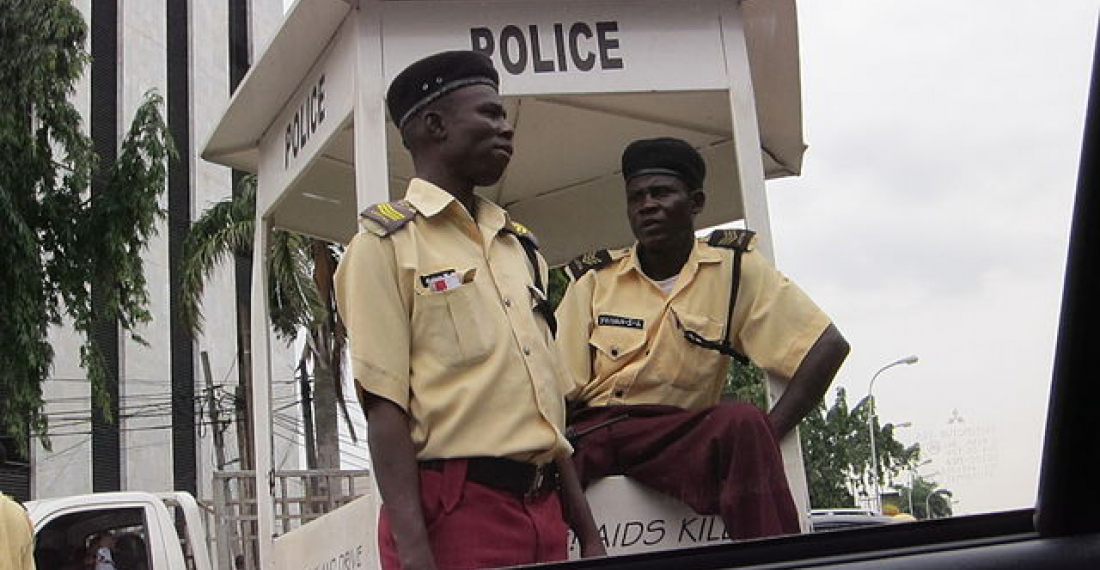Nigerian security forces have freed nearly 200 hostages of “bandits”, criminal gangs who have terrorised northwest Nigeria for months, in raids on their camps in the forest, police announced on Thursday evening (7 October).
The hostages - 187 men, women and children - were released in the state of Zamfara, located in northwest Nigeria, where they had been abducted in several separate attacks, according to the police. The latter released photographs showing dozens of men, women and children sitting or crouching on the ground after their release.
The victims, “who spent many weeks in captivity, were released unconditionally after extensive search and rescue operations that lasted for hours,” said Mohammed Shehu, spokesman for the police of Zamfara state, in a statement.
Heavily armed gangs have been rampant for years in northwest and central Nigeria, attacking and looting villages and carrying out kidnappings for ransom, notably in schools.
This rescue is part of a large military operation carried out for several weeks in four states in the northwest: Zamfara, Katsina, Sokoto and Kaduna. It mostly consists in interrupting telecommunications in order to disrupt exchanges between the kidnappers, who find refuge in the forests covering the borders of these four states.
According to the military, some 300 “bandits” were neutralised during these operations, but gang activity has not decreased. On Tuesday, around 100 aggressors riding motorcycles attacked the village of Kuryan Madaro in Zamfara state, killing at least 14 people.
Hundreds of schoolchildren have also been kidnapped in mass kidnappings since December 2020. Most have been released or released after ransom payments, but dozens of them are still being held hostage.






